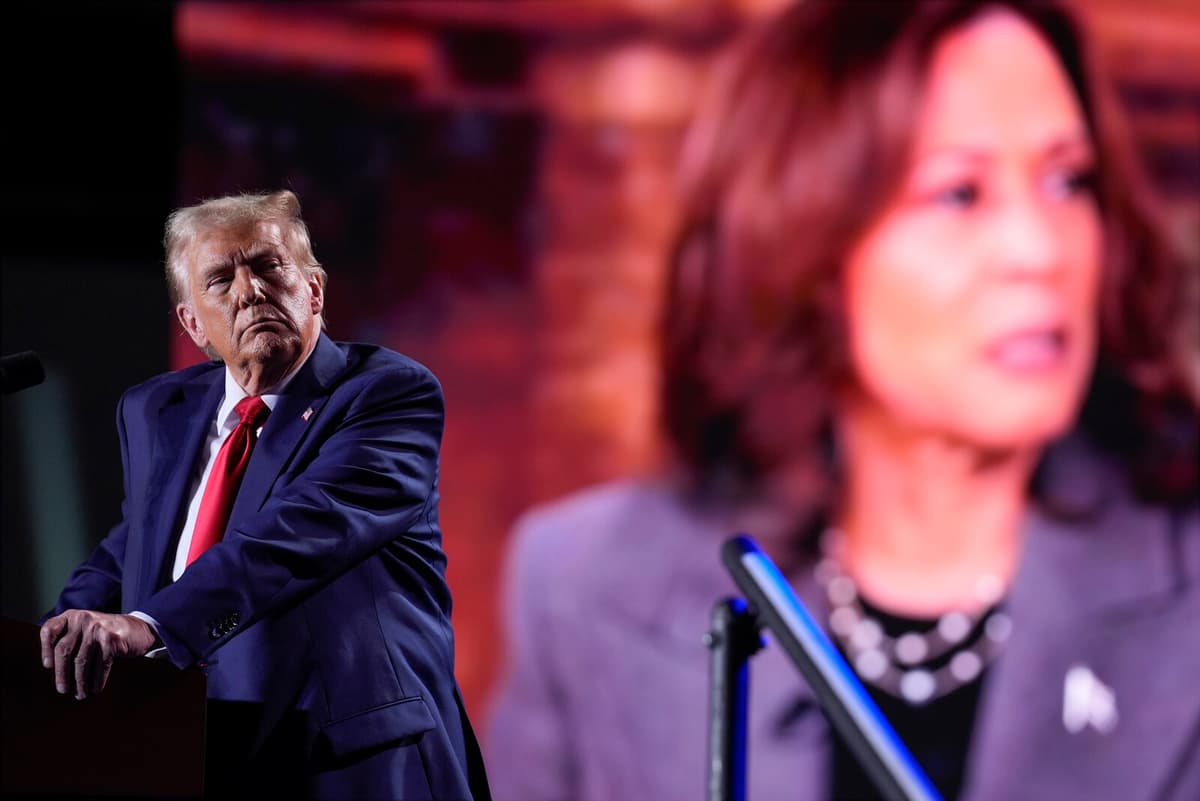It's heated in the debate ahead of the election in the USA on November 5, and it's even between the candidates. The presidential election in the USA also generally creates more movements on the world's stock exchanges.
According to Stefan Westerberg, a private economist at Länsförsäkringar, it can create uncertainty among many small savers about how they should view their savings.
Sometimes we see in various surveys that small savers pull back when it becomes volatile and take their money home, he says.
"Wrong strategy"
He says, however, that it is mostly the wrong strategy, because even during turbulent election campaigns, the stock exchange "tends to do pretty well".
What you see and hear is actually nothing that reflects on the stock exchange. Therefore, it is important to highlight, especially for small savers, that the stock exchange tends to do well even during the most intense election periods, he says.
According to Stefan Westerberg, the return on S&P 500, which is an index of 500 large companies in the USA, has on average been 11 percent during election years since 1928. Regardless of which party wins.
For the Swedish economy, it could, however, affect the export industry if Donald Trump wins, considering the tariffs he has promised. Tariffs are not usually liked by the stock exchange either. On the other hand, Stefan Westerberg believes that the stock exchange would give a thumbs up to Trump's proposal for lower corporate and income taxes.
Affected positively
Last time Trump won, the stock exchange did well because companies' costs decreased. It positively affected the companies' stock prices, he says.
A Kamala Harris victory would likely affect Sweden less since she hasn't talked about any tariffs that would specifically hit us.
Simplified, she wants to increase purchasing power for families with children and make it easier for companies to start through tax relief, says Stefan Westerberg.
These are proposals that the stock exchange should like, he says. However, Harris also wants to raise corporate taxes and taxes for high-income earners, which doesn't usually go well with the stock exchange.
"Buy the whole haystack"
Regardless, Stefan Westerberg's advice to small savers is not to do anything rash.
I usually say that you should buy the whole haystack instead of looking for needles.
That means, according to him, to save broadly and put the money in broad global funds.
Then the portfolio develops in line with the overall stock market development. And in the long run, the stock exchange tends to generate a good return.






